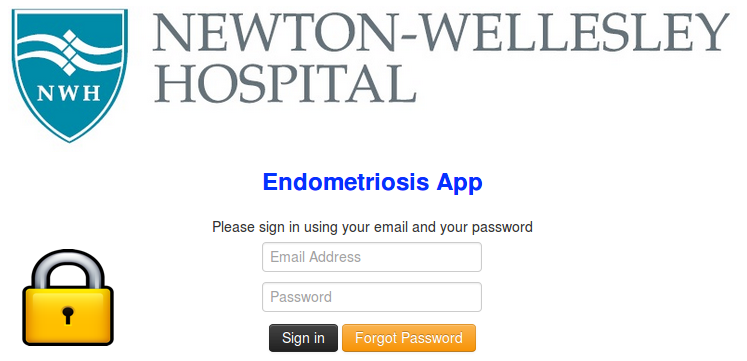Mylar stops NSA & hackers from stealing your data
Stop living in a fear that the NSA, other government agencies, ISPs and hackers will steal your important data & funny-cat videos. MIT engineer Raluca Popa has built a new platform, called Mylar, that helps you build secure NSA-proof web applications. Most of the web applications typically depend on the servers to store and process the data. Anyone who gets access to the server can get control of entire data and there's nothing you can do about it. Mylar solves this problem through its unique approach to the problem. Mylar stores the data on the server in encrypted form and decrypts it in the user's browser. Only the intended user can therefore can use the information.
Popa says that the user won't notice any difference while using the web application. All the data being sent to the server gets encrypted using a user-generated password in the browser itself. Even if a hacker, a curious administrator or NSA gets access to the server; they cannot have the unencrypted data. While there are existing technologies that allow storage of encrypted data on the servers, Popa argues that her system is more practical than all the earlier efforts.

The Mylar platform has been designed to work with a popular web services building tool called Meteor. The code running in the user's browser handles all the processing of the data before sending it to the servers. Even after the data is stored on the servers in encrypted format, Mylar can perform search on the data. For example if a sensitive document is stored on the server in encrypted format; Mylar can still perform search on it.
The Mylar system can even let the users share data securely by distributing the encryption key without disclosing it to anyone. As of now, the Mylar system is being used by Newton-Wellesley hospital in Boston to develop a website that collects medical history of patients. On an average, the developers have to change about 28 lines of code to port their applications to use Mylar.
Read more about the Mylar project on its official website in the source link below.
Source: <a href="https://css.csail.mit.edu/mylar/" target="_blank" rel="noopener noreferrer">Mylar</a>
Popa says that the user won't notice any difference while using the web application. All the data being sent to the server gets encrypted using a user-generated password in the browser itself. Even if a hacker, a curious administrator or NSA gets access to the server; they cannot have the unencrypted data. While there are existing technologies that allow storage of encrypted data on the servers, Popa argues that her system is more practical than all the earlier efforts.

The Mylar platform has been designed to work with a popular web services building tool called Meteor. The code running in the user's browser handles all the processing of the data before sending it to the servers. Even after the data is stored on the servers in encrypted format, Mylar can perform search on the data. For example if a sensitive document is stored on the server in encrypted format; Mylar can still perform search on it.
The Mylar system can even let the users share data securely by distributing the encryption key without disclosing it to anyone. As of now, the Mylar system is being used by Newton-Wellesley hospital in Boston to develop a website that collects medical history of patients. On an average, the developers have to change about 28 lines of code to port their applications to use Mylar.
Read more about the Mylar project on its official website in the source link below.
Source: <a href="https://css.csail.mit.edu/mylar/" target="_blank" rel="noopener noreferrer">Mylar</a>
0
